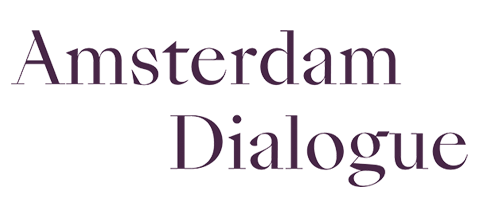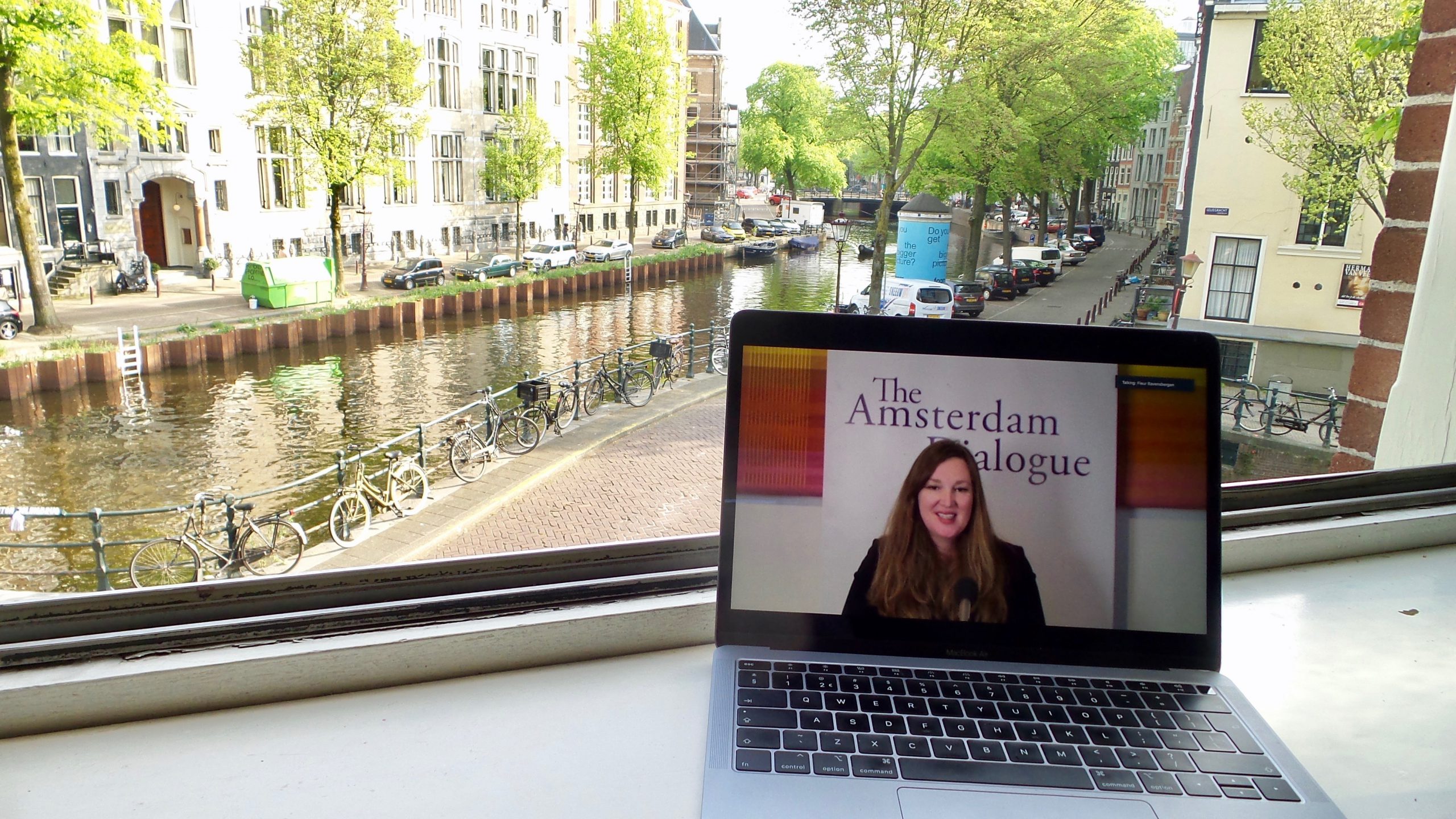Click here to view the conference report
The tenth iteration of the Amsterdam Dialogue took place on 7 and 8 May 2020. In contrast to previous years, the conference took place online due to the travel and health restrictions resulting from the COVID-19 pandemic. Participants joined us from their homes and offices around the world, spanning time zones from Los Angeles to Colombo, for two days of fruitful discussions on peace and justice in the age of COVID-19. Despite the physical limitations, participants were able to explore case studies from Africa, Asia and the Middle East, as well as thematic discussions on the impact of COVID-19 for mediators, human rights advocates and the International Criminal Court’s Office of the Prosecutor.
The first day of the conference opened with a panel discussion on the consequences of COVID-19 for peace and justice with the directors of the three co-organising organisations, including Kenneth Roth (Executive Director, Human Rights Watch), Robert Malley (President & CEO, International Crisis Group) and Ram Manikkalingam (Director, Dialogue Advisory Group). The panel discussed situations where the UN Secretary-General’s appeal for a global ceasefire has yielded positive results, and where it has been ignored and misused to gain a competitive advantage. In the next session, participants explored prospects for justice in Afghanistan in light of significant developments including the reversal of the International Criminal Court’s decision authorising the Office of the Prosecutor to investigate, as well as the signing of a preliminary peace agreement by the US and the Taliban, committing the Taliban to begin peace talks with the Afghan government. The first day closed with a cautiously optimistic session on Sudan, where participants, while recognising the complex challenges facing the country, stressed the positive impact that proactive international engagement could have on Sudan’s transition.
The second day opened with the annual question and answer session with the Prosecutor of the International Criminal Court, Fatou Bensouda, moderated by Christian Wenaweser, Permanent Representative of Liechtenstein to the UN. As the Prosecutor’s term comes to an end, the session offered a timely opportunity to reflect on the Office’s achievements, lessons learnt and challenges, including innovative approaches to justice, as well as the increasing politicisation of international justice. This session was followed by a panel on COVID-19 in conflict: the ICRC perspective, with Peter Maurer, President of the ICRC, and Pekka Haavisto, Finnish Minister for Foreign Affairs. The panel explored the worldwide impact that COVID-19 is having on health, the economy, social structures and institutional frameworks, highlighting the challenges and opportunities that responses to the pandemic may offer humanitarians, front-line negotiators and peace mediators in conflict areas. The final session of the Amsterdam Dialogue conference assessed opportunities for peace in Yemen with UN Special Envoy, Martin Griffiths, looking, in particular, at how the fracturing of the Arab coalition and the COVID-19 pandemic could bring back momentum around talks on a bilateral ceasefire agreement.
The year’s Amsterdam Dialogue was dedicated to David Petrasek, long-time friend and advisor to the Dialogue Advisory Group and a regular Amsterdam Dialogue participant, who sadly passed away in May. It was David’s experience and expertise that helped inspire the creation of the Amsterdam Dialogue. David was a consummate bridge between the worlds of human rights and conflict resolution, he had a depth of knowledge and an extraordinary understanding of the mechanics of both promoting peace and protecting rights. Future editions of the Amsterdam Dialogue will forever be missing David’s clear, forthright and nuanced input and advice.
David Petrasek was an Associate Professor at the Graduate Institute of Public and International Affairs at the University of Ottawa, a Senior Editor for OpenGlobalRights, as well as a Senior Adviser at HD Centre. Formerly a Special Adviser to the Secretary-General of Amnesty International, David worked extensively on human rights, humanitarian and conflict resolution issues, including for Amnesty International, the Office of the UN High Commissioner for Human Rights and the International Council on Human Rights Policy.
Agenda day 1, Thursday 7 May
14:00 – 14:10 Welcome
- Fleur Ravensbergen (Deputy Director, Dialogue Advisory Group)
14:10 – 15:15 COVID-19, Peace & Justice
- Robert Malley (President & CEO, International Crisis Group)
- Ram Manikkalingam (Director, Dialogue Advisory Group)
- Kenneth Roth (Executive Director, Human Rights Watch)
15:15 – 15:30 Break
15:30 – 16:30 Afghanistan
- Shaharzad Akbar (Chairperson, Afghanistan Independent Human Rights Commission)
- Nader Nadery (Chairman, Independent Administrative Reform and Civil Service Commission)
- Moderator: Marieke Wierda (Rule of Law Policy Coordinator, Ministry of Foreign Affairs of the Netherlands)
16:30 – 16:45 Break
16:45 – 17:45 Sudan
- Suliman Baldo (Senior Policy Advisor, Enough Project)
- Comfort Ero (Africa Program Director, International Crisis Group)
- Moderator: Richard Dicker (Director, International Justice Program, Human Rights Watch)
Agenda day 2, Friday 8 May
14:00 – 14:05 Welcome
- Juan Garrigues (Deputy Director, Dialogue Advisory Group)
14:05 – 15:10 Q&A with ICC Prosecutor
- Fatou Bensouda (Prosecutor, International Criminal Court)
- Moderator: Christian Wenaweser (Permanent Representative of Liechtenstein to the United Nations)
15:10 – 15:30 Break
15:30 – 16:30 COVID-19 in Conflict: the ICRC Perspective
- Pekka Haavisto (Minister for Foreign Affairs, Finland)
- Peter Maurer (President, International Committee of the Red Cross)
16:30 – 16:45 Break
16:45 – 17:45 Yemen
- Martin Griffiths (United Nations Special Envoy for Yemen)
- Moderator: Leoni Cuelenaere (Former Ambassador, Ministry of Foreign Affairs of the Netherlands)
17:45 – 18:00 Closing






